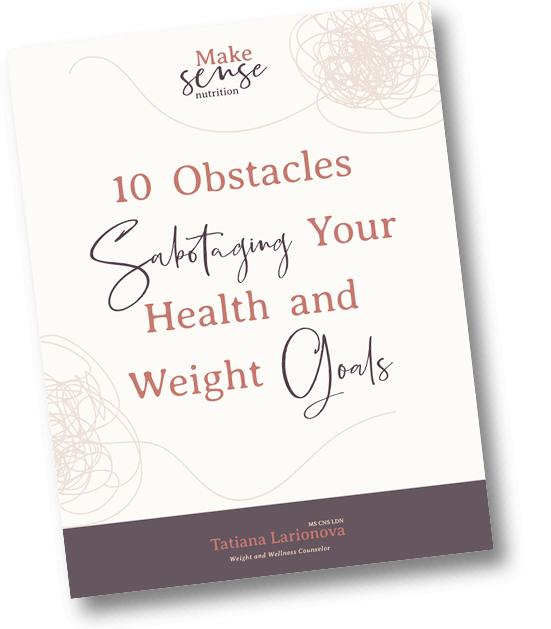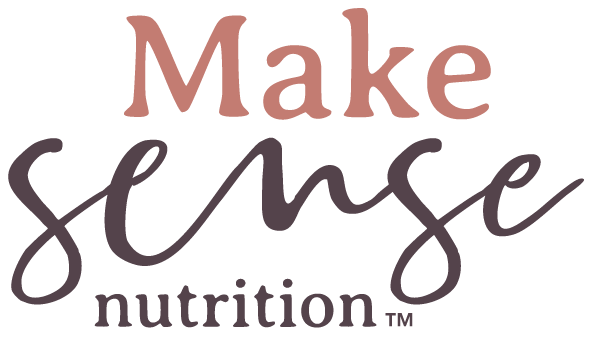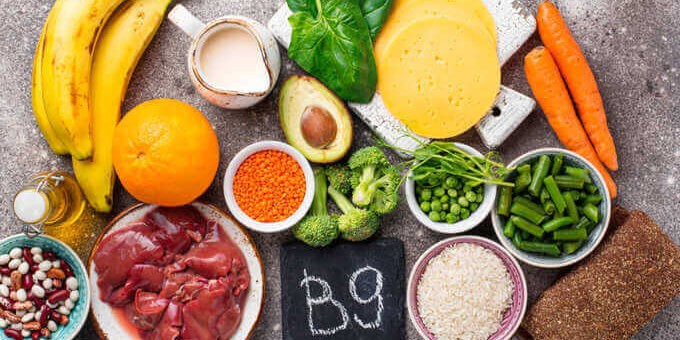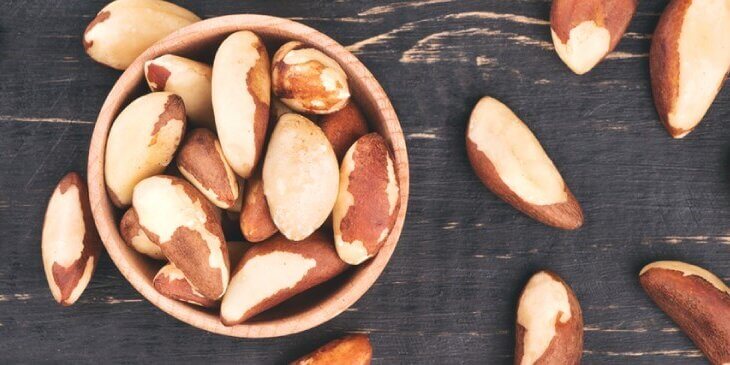Blog
Do We Need Supplements?

Have you wondered, wandering through lengthy aisles of colorful bottles of supplements with some hard to even pronounce names – whether you should be taking any? It depends. When it comes to pretty much anything we put into or onto our bodies – one size does not fit all. We all have unique genetic, physiologic and gender-age-ethnicity related compositions, requiring very personalized approach. Let’s investigate further.
Multivitamin and mineral supplements have gained their popularity in the last few decades with marketing claims suggesting that they not only can correct deficiencies, but also improve health.
Vitamins and Minerals
Vitamins are grouped into 2 categories:
- Fat-soluble – A, D, E and K
- Water-soluble – vitamins C, B1 (thiamine), B2 (riboflavin), B3 (niacin), B5 (pantothenic acid), B6 (pyridoxine), B7 (biotin), B9 (folate), and B12 (cyanocobalamin)
Minerals:
- Macrominerals (we need more of those) – calcium, magnesium, phosphorus, sodium, potassium, chloride and sulfur
- Microminerals (we need less of those) – iron, manganese, copper, cobalt, iodine, zinc, fluoride and selenium.
Why we Might Need Them
Ideally we should be getting them all from our balanced diets – they are considered more bioavailable (easier digested, assimilated and used by the body) in their natural form – as in whole foods. It is also believed that some vitamins and minerals are either less potent or could even be harmful when takes out of their natural form (or synthetically made), where they interact with other elements that sustain or increase their effect. For instance – curcumin (not a mineral or vitamin, but a good example), the main ingredient in turmeric root (an orange root, used in many Indian spices) known for its potent anti-inflammatory benefits, may not be as effective in isolation, as opposed to be used in its whole form – as turmeric powder. Same applies to many others.
With that said, we all realize that our diets are not always balanced – due to busy lifestyles, taste preferences, medical conditions or just lack of extended nutritional knowledge.
Another theory in favor of supplements – modern agricultural practices have contributed to soil depletion of its natural mineral content; use of pesticides, herbicides and other chemicals have led to lower vitamin and mineral content of fresh produce. A lot of produce is being brought from all over the world – meaning, it was harvested before ripeness, never reaching the peak of nutritional value. And the longer these apples and greens sit on the shelves – the more nutrients they are losing.
Potential Problems
Caution – supplement aisles ahead!
No kidding – those could even be intimidating with such vast variety of types and brands! Are they safe? Who knows! Unfortunately supplement industry is not regulated by FDA (like medications), only some of them get tested for their contents, safety and efficacy, either by the manufacturers themselves, or independent testing agencies.
There are some medical grade supplements manufactures, that are only available through medical professionals and dietitians (Designs For Health being one of them), that use latest research, most suitable ingredients and focus on functional medical approach.
Common Vitamin and Mineral Deficiencies
While we don’t need to take all of the vitamins and minerals out there, some do pose risk as due to their either low consumption or inability of or bodies to use them properly, some supplementation should be considered:
Vitamin D – probably the most common deficiency. D plays a very important role in supporting our immunity, muscles, heart, and lungs, absorb calcium and promote bone growth and strength, it supports our mood and cognitive function. One study suggested that by increasing blood levels of vitamin D up to 52 (normal range is 20-50) women cut the risk of developing breast cancer by 50%! People with darker skin tones are at higher risk of D deficiency.
Folate – (aka Folic Acid – though the most widely used type of this supplement, not the most potent or safe) is vital for making red blood cells, as well as: the synthesis and repair of DNA and RNA, aiding rapid cell division and growth. It is always prescribed for expecting mothers to avoid spina bifida in children, however women who plan to get pregnant should start taking Folate before they actually get pregnant, as the spinal cord of the fetus forms within the first few weeks after conception, and it might be too late to supplement at that point. If supplementing – look for Methylfolate (methylated form, safe and potent).
B12 – crucial for normal function of the brain, cognition and nervous system, muscles and tissues. It’s involved in production of red blood cells. Helps to create and regulate DNA. Since B12 is only available through animal food sources, many vegans and vegetarians might be low on it. Look for Methylated B12 or Methylcobalamin for supplementation – the most potent type of B12. Low levels of B12 are associated with dementia and cognitive decline in elderly.
Zinc – a micromineral, essential for immune function, cell division, growth and wound healing, and breakdown of carbohydrates. It’s often supplemented to prevent of treat common colds and viruses.
Check oUT OTHER RECENT POSTS
Nutrient Spotlight: Folate
Nutrient Spotlight: Selenium


Hello, I’m Tatiana. I am a Licensed Dietitian Nutritionist and a Certified Nutrition Specialist.
I help people
- normalize their relationships with food,
- peel off the layers of misunderstood physical, nutritional and emotional needs,
- lose weight as a side effect of finding peace with food,
- stop obsessing about food and
- start living the freedom!

FREE DOWNLOAD
What stops you from getting in your best shape?
- Do you spend hours searching for the latest, most effective diet?
- Are you exhausted from using up so much energy and mental space on dieting and weight solutions?
- Are you uneasy around food and can’t seem to trust yourself to eat just enough for your body?
- Do you deal with challenges getting in the way of your healthy eating goals?
I’ve compiled this free tool - a list of 10 Obstacles Sabotaging your Health and Weight Goals that will help you pinpoint challenges you are dealing with that stop you from moving forward.



